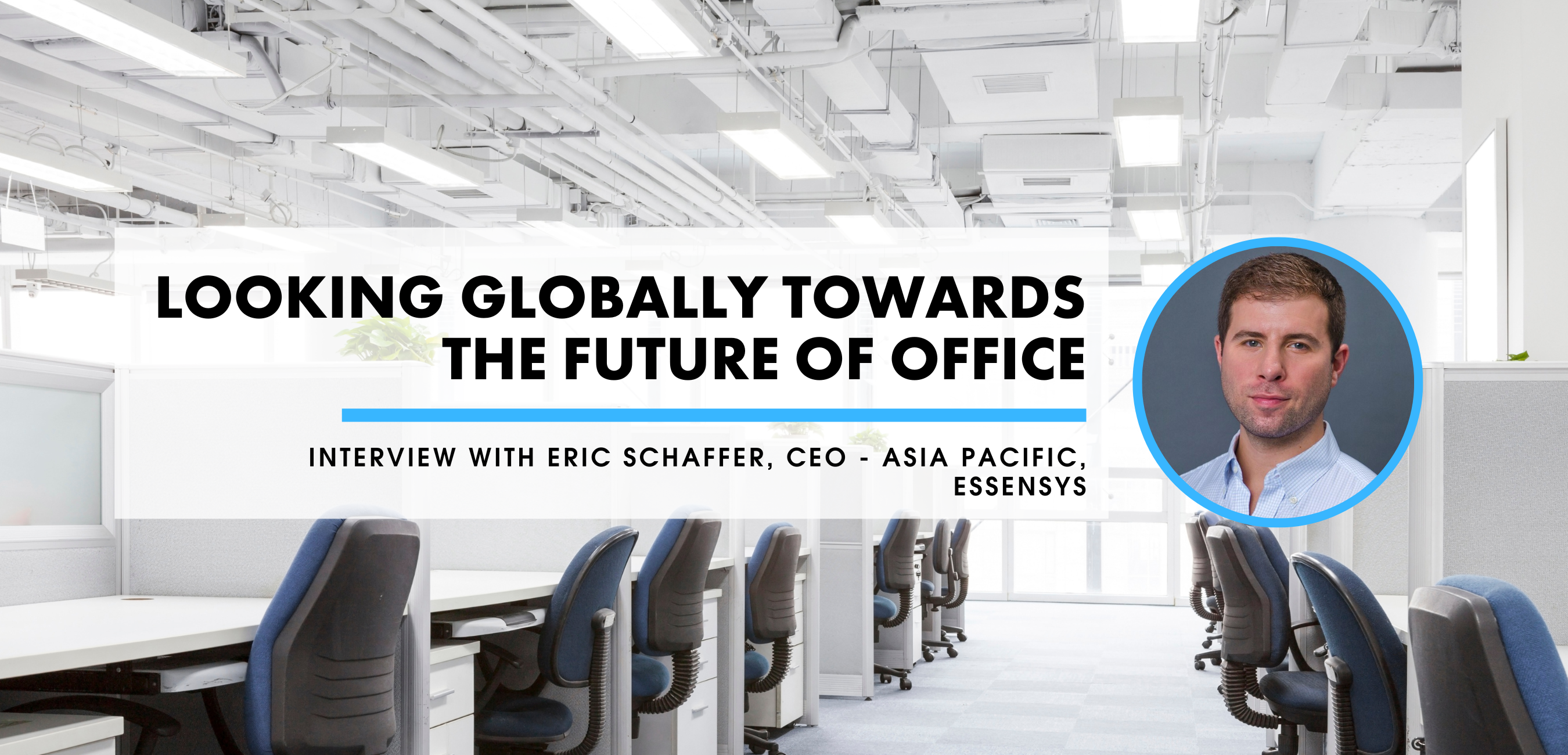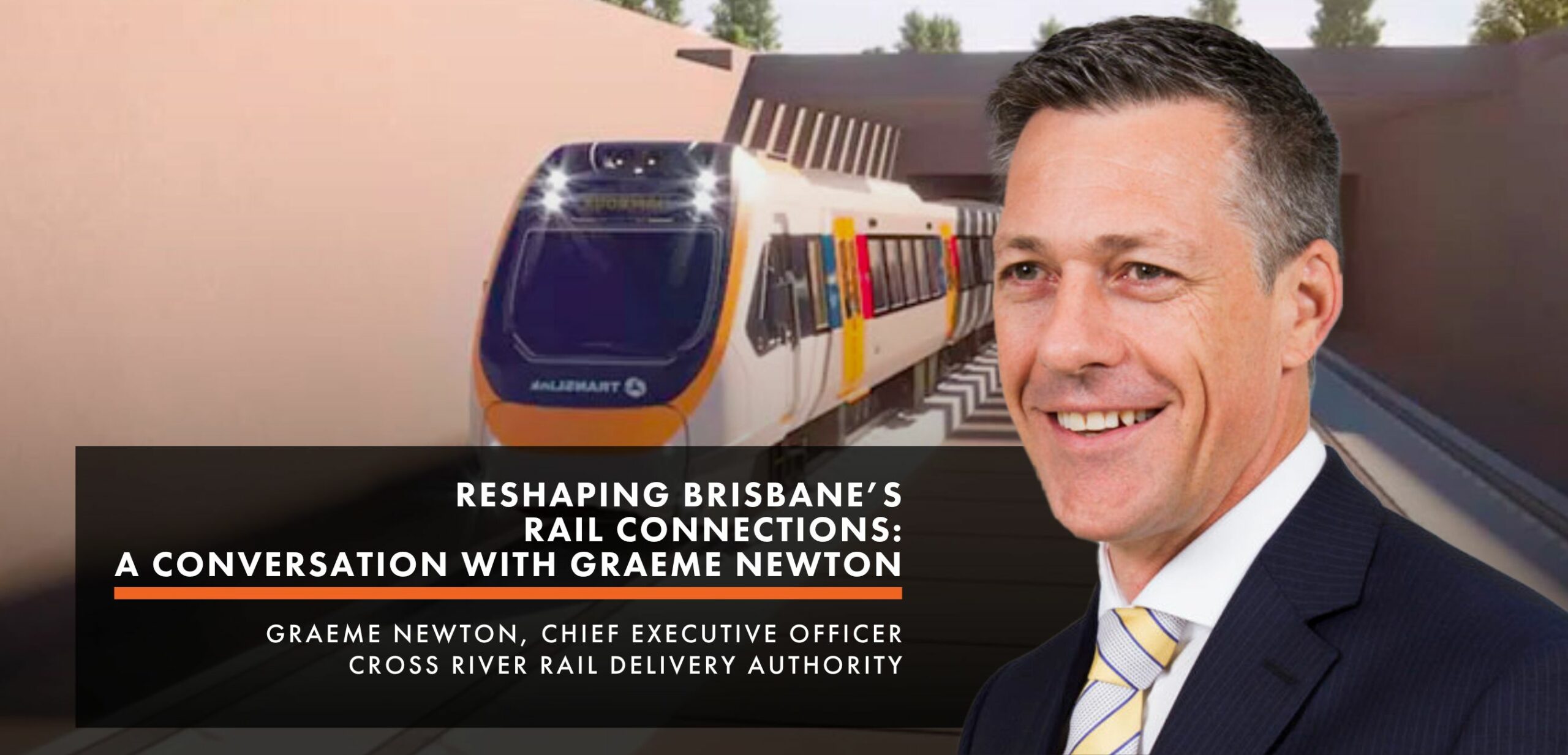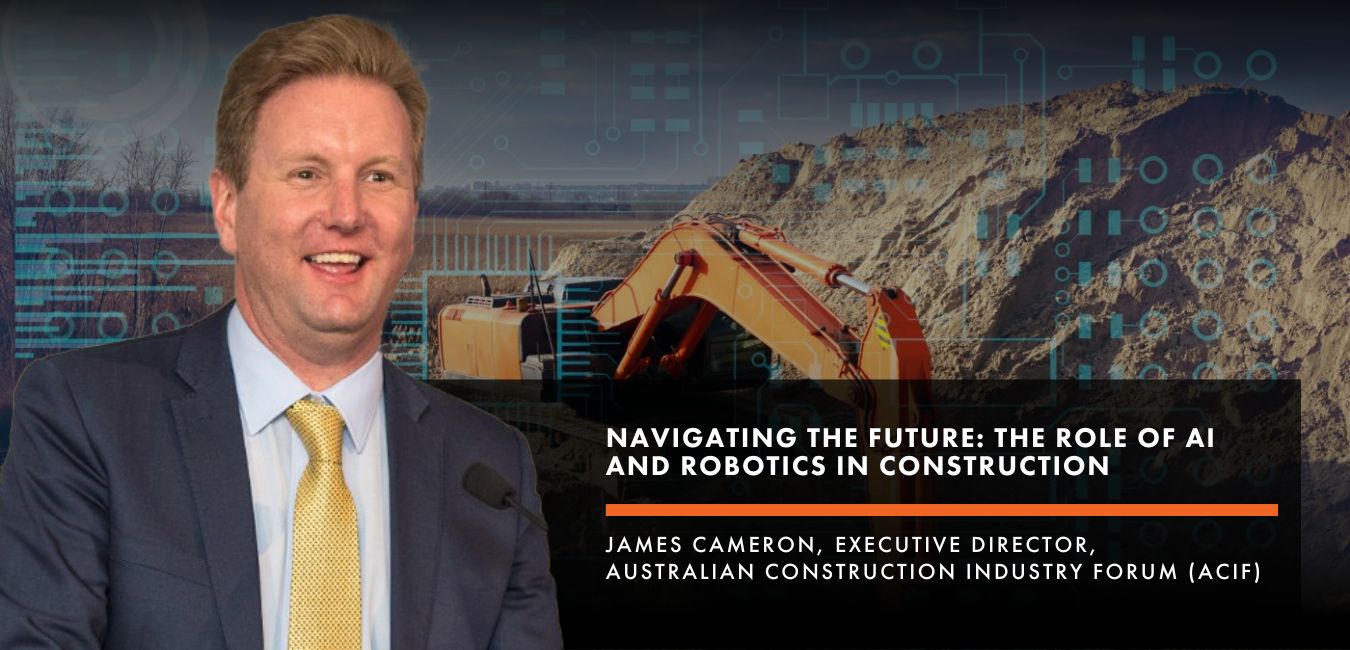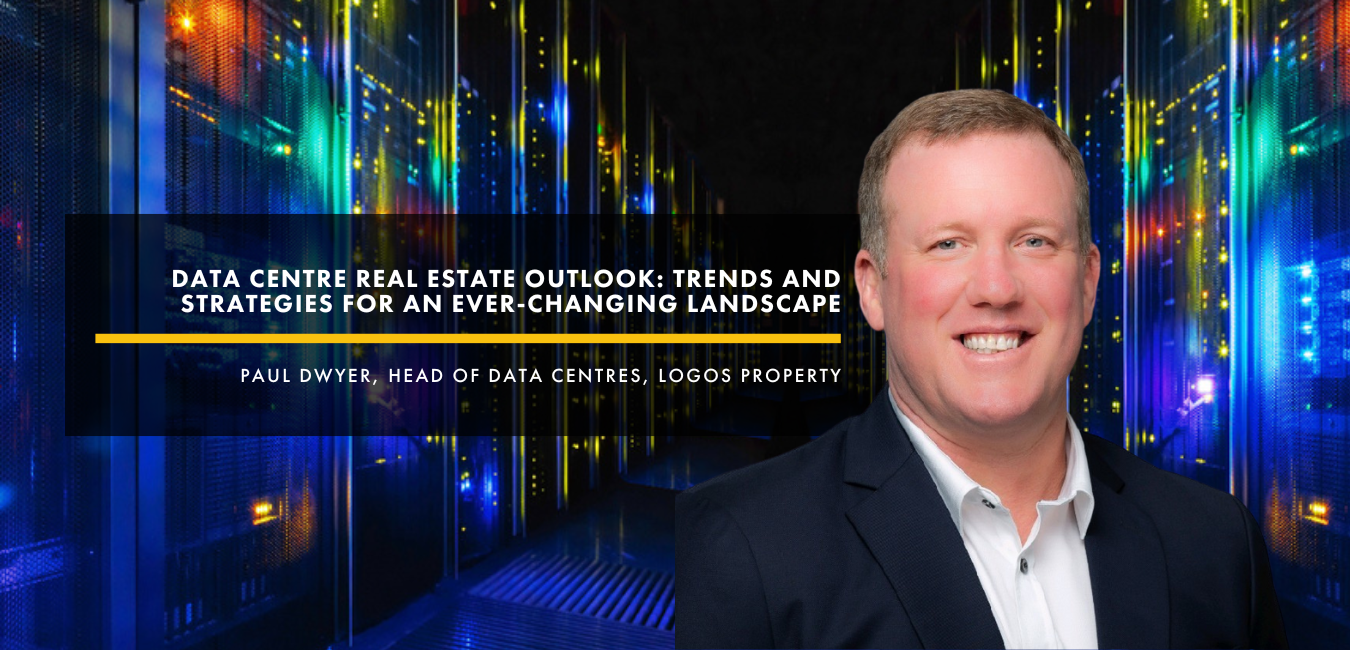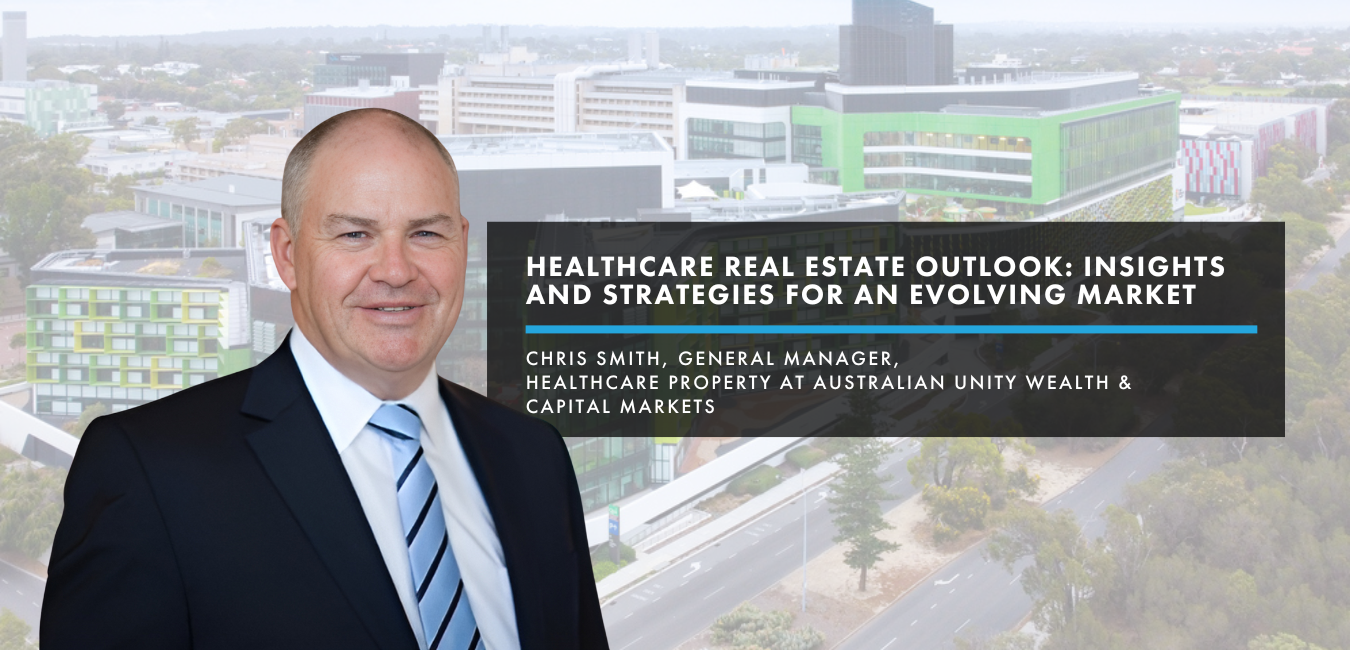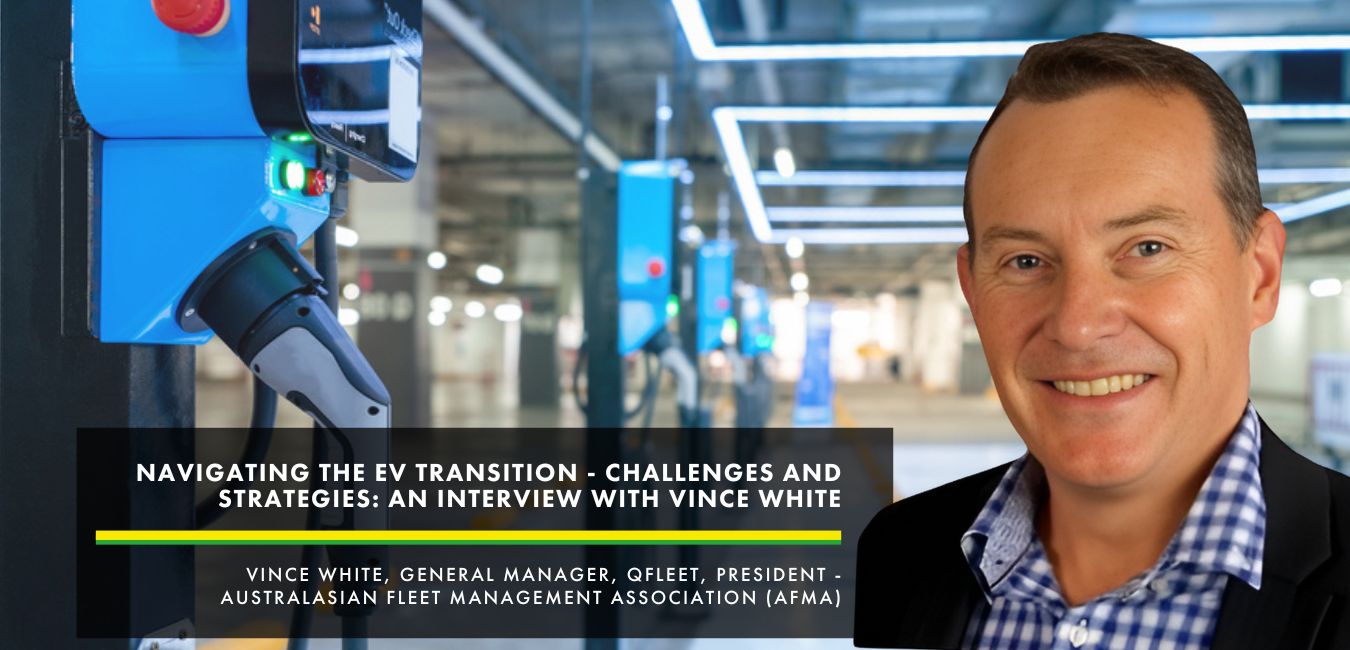Looking Globally towards the Future of Office.
Eric Schaffer is the CEO of Asia Pacific for essensys, the leading global provider of software and technology to the office space sector. As we enter 2022, the future of the office continues to be a key debate within the real estate and occupier community.
What’s next and how do we prepare? We sat with Eric to chat about the industry today and his predictions for the future of the office.
FuturePlace: Can you tell us about your role at essensys?
Eric Schaffer: Asia Pacific is a newly established region for essensys, having undertaken our expansion in 2021. As CEO, I’m in charge of setting up the business and establishing us as a leader in our segment of the CRE industry. With the growing demand for hybrid work and flexibility in the office asset class, there’s an obvious product-market fit for what we do in the region. I’m also building the team, which is comprised of industry veterans who bring their expertise to the business.
FP: What are some of the challenges and opportunities you face in APAC?
ES: APAC is hard for any company to take on as one region with a singular approach. You have to tailor what you’re doing for each sub-market, which has different business environments, languages and cultures. While Asia can be slower in terms of real estate technology adoption, I’ve been pleasantly surprised by just how conscious CRE executives in the region are about the inevitability of digital transformation. They’re willing and ready to evaluate proptech solutions and are allocating the necessary resources to drive innovation within their organizations.
FP: What does essensys’ presence look like in the region?
ES: Our three regional offices are in Hong Kong, Singapore, and Sydney. A solution like ours speaks to the universality of a great office portfolio and the business of running it. The various markets require a nuanced approach and have different business dynamics that make it an exciting growth region.
FP: What is the office environment like in Hong Kong?
ES: It’s dynamic, competitive and has been uncertain in recent times. Flexible workspace is very much in the spotlight as is the future of work and the future of office. Although Hong Kong has experienced much less work-from-home than other parts of the world due to stringent pandemic controls, we are also seeing record-high vacancies, which is creating a flight to quality. Generally, a lot of office providers and CRE stakeholders are trying to innovate and differentiate to remain competitive.
FP: What does the flex office look like there?
ES: It’s a combination of everything. Occupiers try to take a flex and core strategy, where certain industries like insurance have multiple offices across a city, employing a hub and spoke model. Many companies are also implementing a more relaxed in-office policy and environment. However, there isn’t necessarily the same capability or appeal of working from home due to factors such as smaller living spaces per capita. Companies and employees are trying to navigate this issue and flex is serving as a great outlet for that.
FP: Is technology leading the flex movement or is it finally being accepted as the only way flex can work?
ES: Technology is absolutely leading the flex movement. The built environment was traditionally designed around tools such as pen, paper, desktops and cables that tethered us to our desks — that’s how offices were made. Technology like WiFi, laptops and mobile phones has untethered us and allowed us to do more than we used to. Technology has changed the tools we use, but not the workshop where we use them. The physical space is now starting to catch up with what technology has enabled us to do, and it’s that evolving technology that’s leading the way.
FP: What is the top reason that people are coming to essensys?
ES: There are many challenges to solve when you’re managing a flexible workspace or any office portfolio. The number one pain point among CRE stakeholders that we see is digital infrastructure. It’s a critical component to instantly deliver space and services to occupiers to reduce vacancy while ensuring continuity, security, and failover redundancy across sites. It’s also critical to improve the occupier experience to meet the demands of customers. That is often done now with disparate point solutions that come with a lot of complexity and do not integrate seamlessly with the rest of the digital and physical workspaces.
We see digital infrastructure as the backbone that underpins smart buildings and in-building experiences, and it is what today’s occupiers are asking for. It is also one of the hardest things for our customers to solve, partially because it’s incredibly complex to build and create. There are a lot of point solutions that improve a singular process in a building, but it’s hard to do something that can serve as the technology backbone for everything. This continues to come up as the biggest pain point.
FP: What is most exciting about what will happen next?
ES: There are two areas that will evolve: the office’s business model and how offices will be used. I look to hospitality for the business model. Global brands like Marriott have created asset-light global portfolios where they own the customer and deliver consistency in service and product quality across every site. I think we’re going to see a similar model going forward, with the transformation of office asset management into an efficient, asset-light model. When asset owners take on a building, they will now decide if they want to bring in a predictable, global operator and brand to manage it, or if they want to create and manage their boutique version. I’m excited to see who becomes the Marriott for the office sector.
For how the office will be used, I look to retail. Shops were previously a necessary place for transactions. However, while you no longer need to go to a brick-and-mortar shop to purchase things today, retail still exists. That is because retail has shifted to an experiential focus and what you cannot get in the digital space. Similarly, offices will become more experiential, focusing on social interactions, team-building, and culture development.
Future of Office Space Summit
Essensys has sponsored The Future of Office Space Summit that took place on 23 March 2022 in Sydney, Australia. For more information on the Singapore Summit click below.

